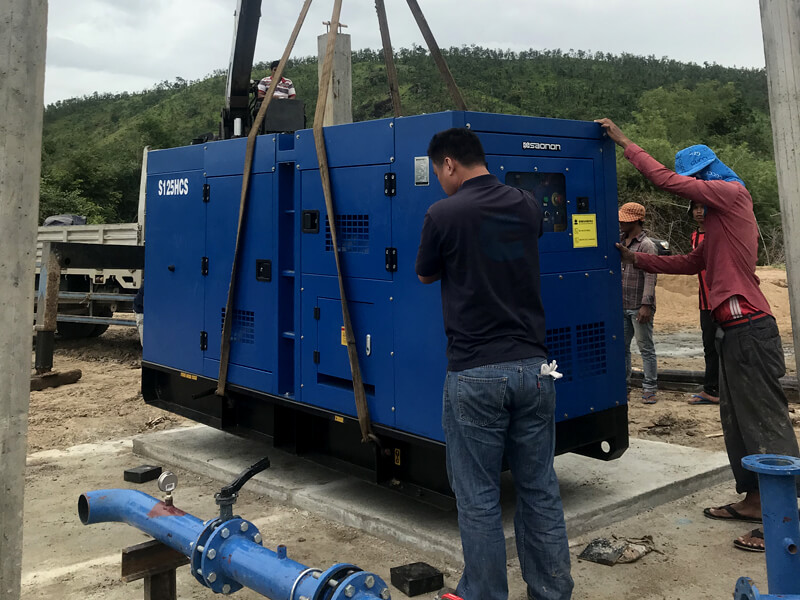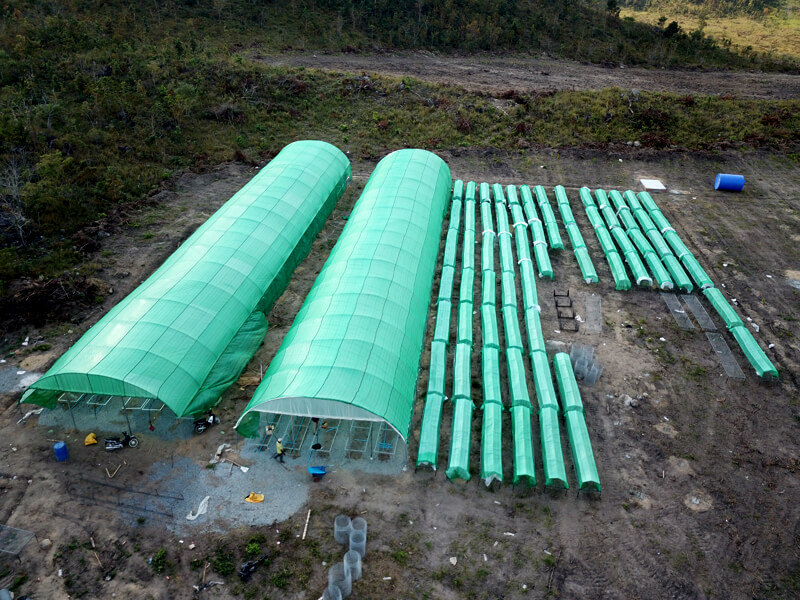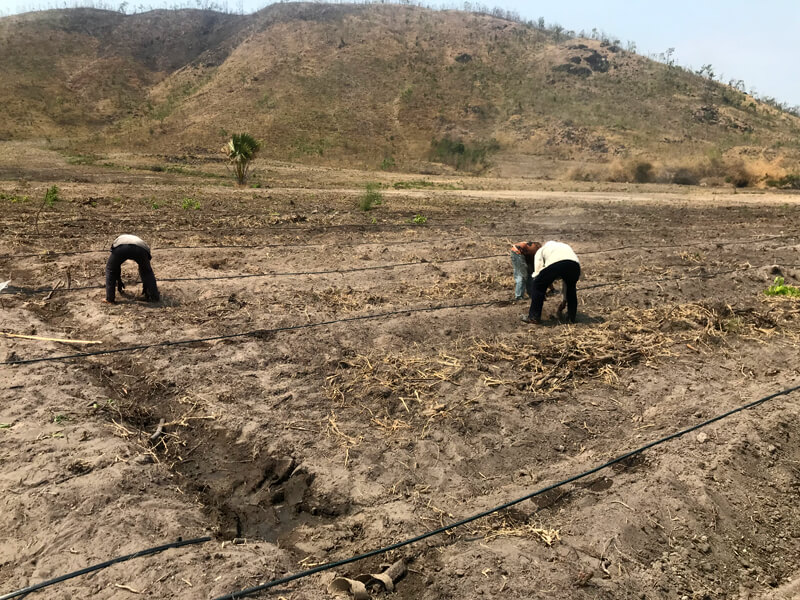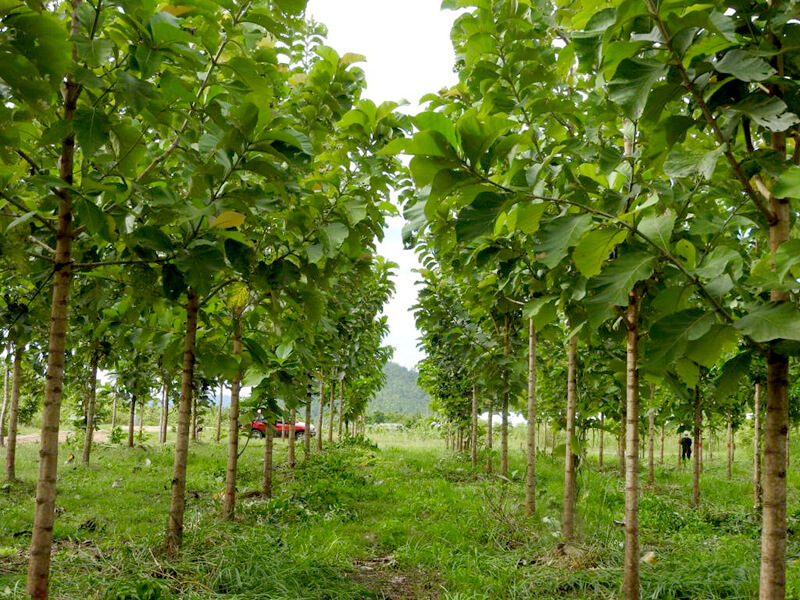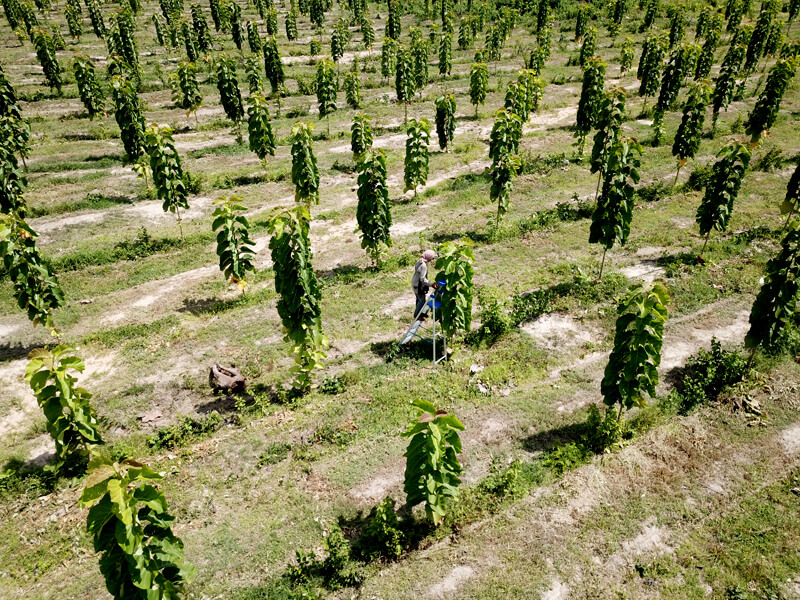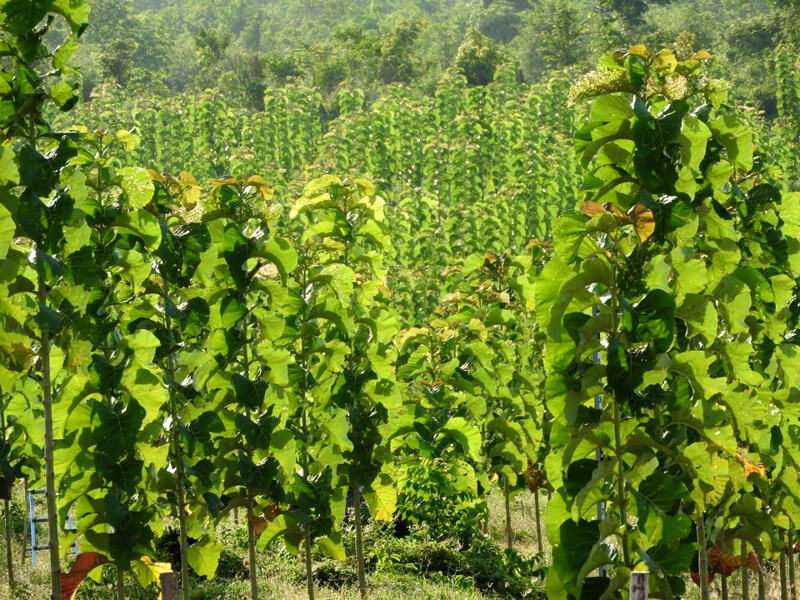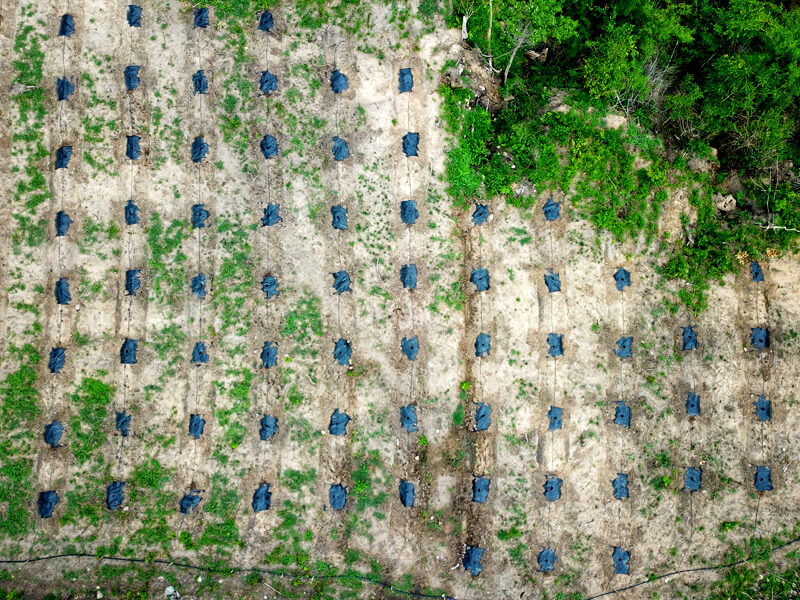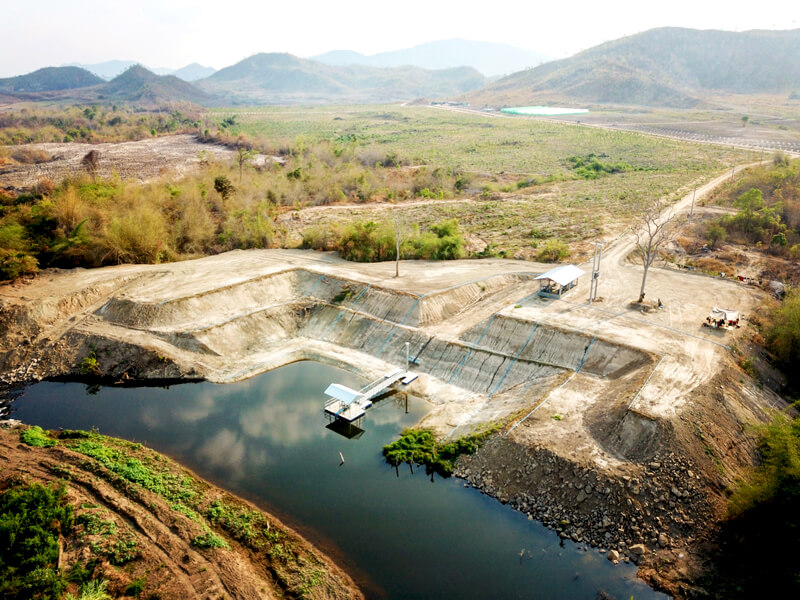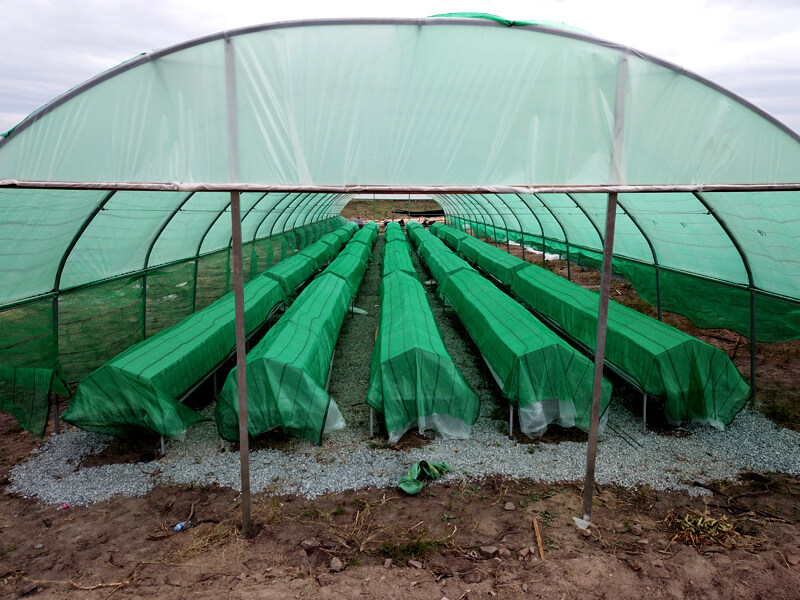Floresta explained - An interview with our Founder and President
What is Floresta?
Combine the will to make a difference, with the need for a profitable venture.
It is generally accepted and acknowledged that reforestation is one of the most efficient answers to global warming, today’s biggest environmental challenge faced by humanity. The main setback to rapidly implementing reforestation projects worldwide is the lack of a profitable business model to support such initiative.Floresta is a green-tech initiative resulting from two decades of research and development on two continents, and is currently in a position to positively answer one of the most crucial questions regarding large scale reforestation: can a profitable, reliable, sustainable and straight forward business model for reforestation exist? The first phase of the project will be implemented in The Kingdom of Cambodia, where “proof of concept” plantation, stretching over 300Ha in the Aoral District located in the Kampong Speu Province, has been successfully implemented and monitored for the past 4 years.
Floresta is a large-scale venture that incorporates commercial forestry, reforestation, and natural rejuvenation of forests in a real socially responsible approach. It is an initiative that presents a significant return to investors while maintaining solid environmental and social values, it is a unique model that ensures both commercial returns and the generation of a significant positive impact. The reforestation issue - Learn more
Environmental Impact
Carbon sequestration and a triple environmental impact



Social Impacts
Enhance local communities
An initiative of the magnitude of the Floresta initiative involves different groups of people: experts, investors, governments, but also local communities. One of the key elements of the Floresta initiative is its capacity to create tangible sustainable impact on local communities all the while serving the environmental cause.The most direct social impact of the initiative is definitely the promotion of modern “smart” agriculture within local communities. By establishing the initiative, we create direct employment, training local experts in modern techniques, thus reinforcing local agriculture capacity. The implementation of the initiative also requires the enactment of modern flood prevention and forest fire mitigation systems, both elements having a high impact over the livelihood of local communities.
Another direct impact of the initiative is the creation/improvement of local infrastructure, bringing clean drinkable water, electricity and modern communication systems. The project also supports logistics due to the necessity of building roads, bridges and other access ways to the land hosting the initiative.
The creation/improvement of the logistics and basic infrastructure will also play an important role in allowing other NGOs, providing a wide range of complementary services, such as education and healthcare, to plug their service into the existing framework and enrich the support received by the local community.
Last but not least, implementing a private/public initiative such as Floresta, shows the local community the interest of their government in their well being. The Floresta model generates direct funds to local farmers, avoiding current expensive and out of reach methods, by generating financial activities owned by the local community, monitored and overseen by Floresta’s experts on the ground. The establishment of such community forests directly allows mitigating illegal logging, thus resolving existing and future disputes between the communities and the government.
F.A.Q
-
Isn't cutting trees contradicting with the purpose of reforestation?
The Floresta project conducts a natural/assisted reforestation of 90% of the total project area. Allowing this vast forest to grow, and providing a safe habitat for the local fauna and flora. The remaining 10% of the land is used for the establishment of two types of plantations: A community forest (6.5%) improving the livelihood of local communities, and giving them a concrete alternative for the generally spread illegal logging. The second plantation (3.5%) is the financial engine of the project, the fast growing teak plantation.
-
Isn't the establishment of mono-culture a bad idea?
Generally speaking mono-cultures present a danger for the local ecosystem. Both fauna and flora require variety in order to thrive. In the case of the floresta project, mono-culture represents merely 3,5% of the totality of the project, allowing the growth of a wide range of species within the ecosystem. On another note, it is also interesting to notice that carbon sequestration is conducted on a much larger scale by young growing trees, as they use the carbon sequestrated from the air in order to grow. The revolving plantation is there for an asset in terms of carbon sequestration.
-
What is the green-tech behind the Floresta project?
Over 2 decades of R&D and experimentation resulted in the development of a new agro-tech process, allowing to accelerate the growth of teak wood by a factor of nearly 300%, allowing it to reach maturity within 7 years instead of 18 to 20 years, necessary traditionally, without altering the quality of the final produce. This proprietary agro-tech is called Fast Growing Teak. ™
-
Where was the tech implanted?
The technology was developed in Israel and implemented initially in Central America in 2008, where an initial study project was implemented. The extraordinary result of the initial attempt led to the establishment of a “Proof of concept” phase, currently on display in Cambodia, with an expected harvest in 2024, showing excellent results and living up to everyone's expectations.
-
Who is behind the breakthrough?
The experts of the Teak Farm are at the origin of the development, with on-site experts and supported by one of the world's leading forestry professors, Dr. Oded Sossyov. Our experts produce and replicate selected quality cloned seedling, and combine them with a unique work process based on advanced methods from the fields of biotechnology, agriculture and forestry. This allows us to achieve high-quality harvests in a far shorter time period (7 years) than other timber growers around the world (traditionally 20+ years).
-
Wouldn't accelerated growth result in a reduction of the overall quality of the wood?
The fast growing plantation shows remarkable growth results combined with maintaining the highest quality of timber, showing no significant difference in wood strength between old and young trees, measuring a density of 0.60 g/m³.
-
Were the results validated, controlled and accepted?
Our proven capabilities for rapid-growth teak plantations, with MAIs measures of 20-35 m³/ha and up, are based on more than 500 ha of teak plantations planted in Central America by the Teak Farm's experts since 2005. These capabilities were validated in the independent analysis that was published in the Case Research Journal, Volume 34, Issue 1, Winter 2014 - by Lisa Majure, Kathryn Savage, Matthew Haertzen, CFA - all from Northern Arizona University and Alex Finkral, Ph. D from the Forestland Group (Harvard Business Review).
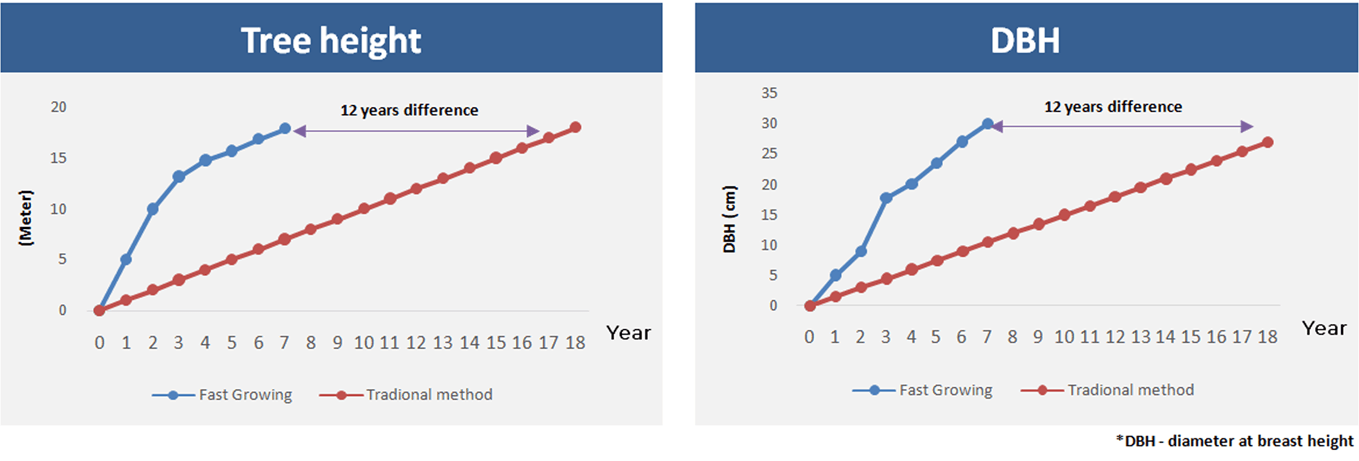

The Aoral POC
Visit the different stages of our POC implementation

.jpg)
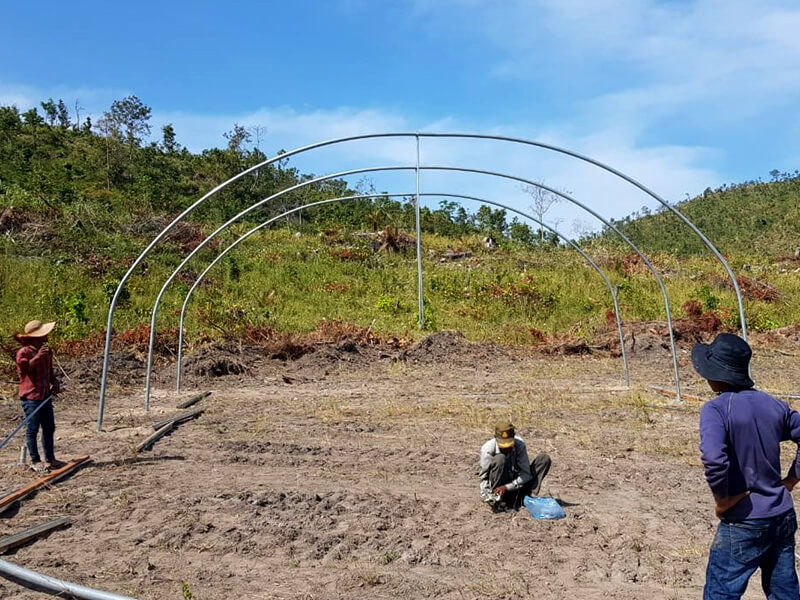
.jpg)

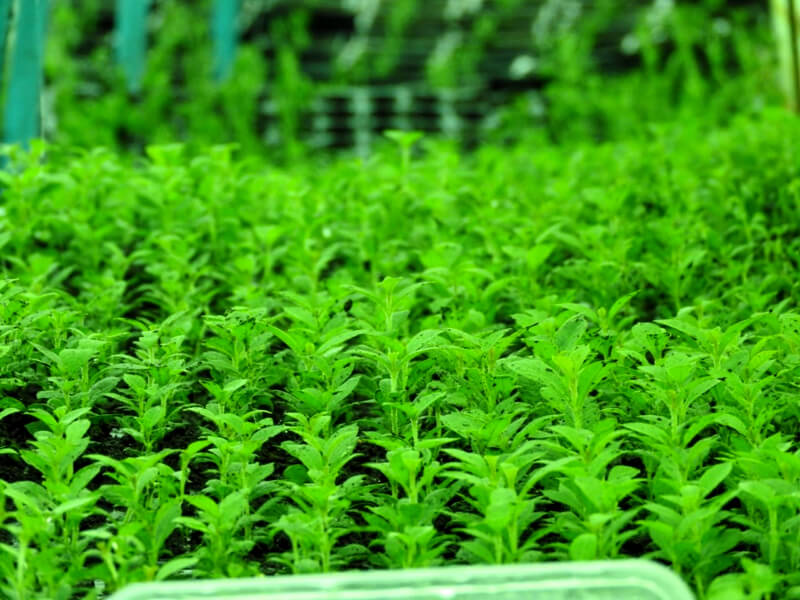
.jpg)
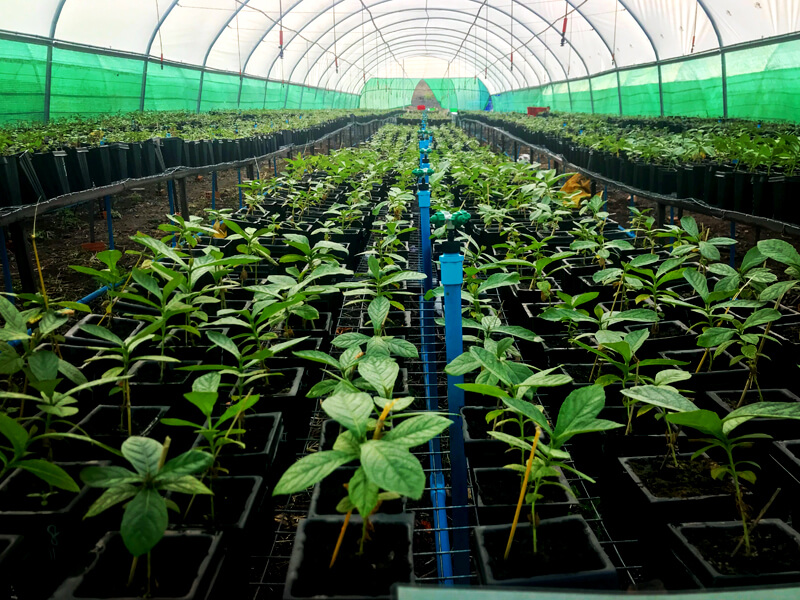
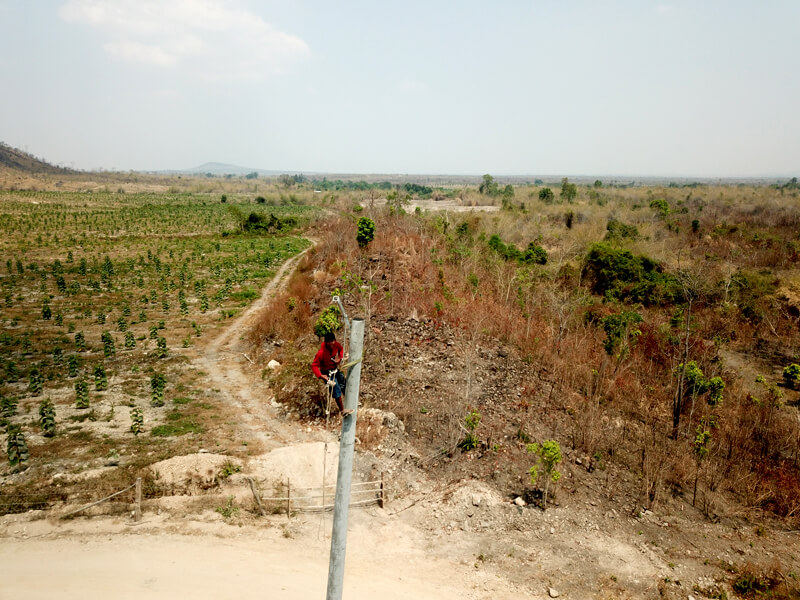
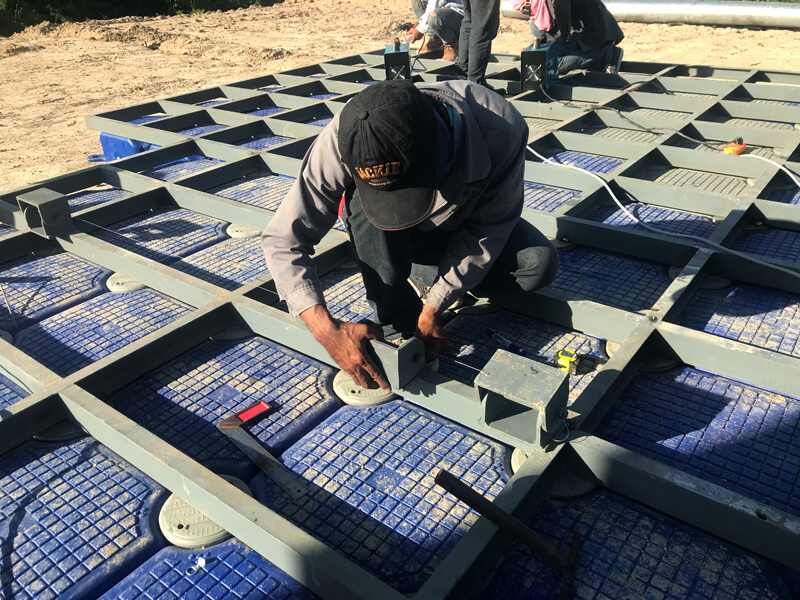
.jpg)
